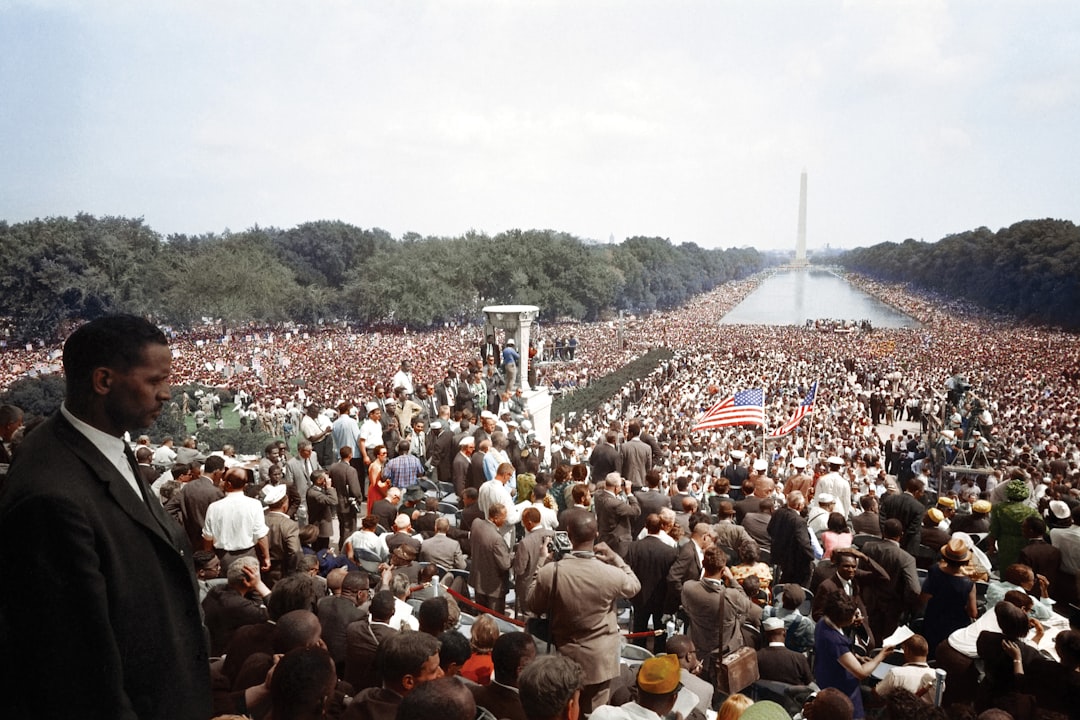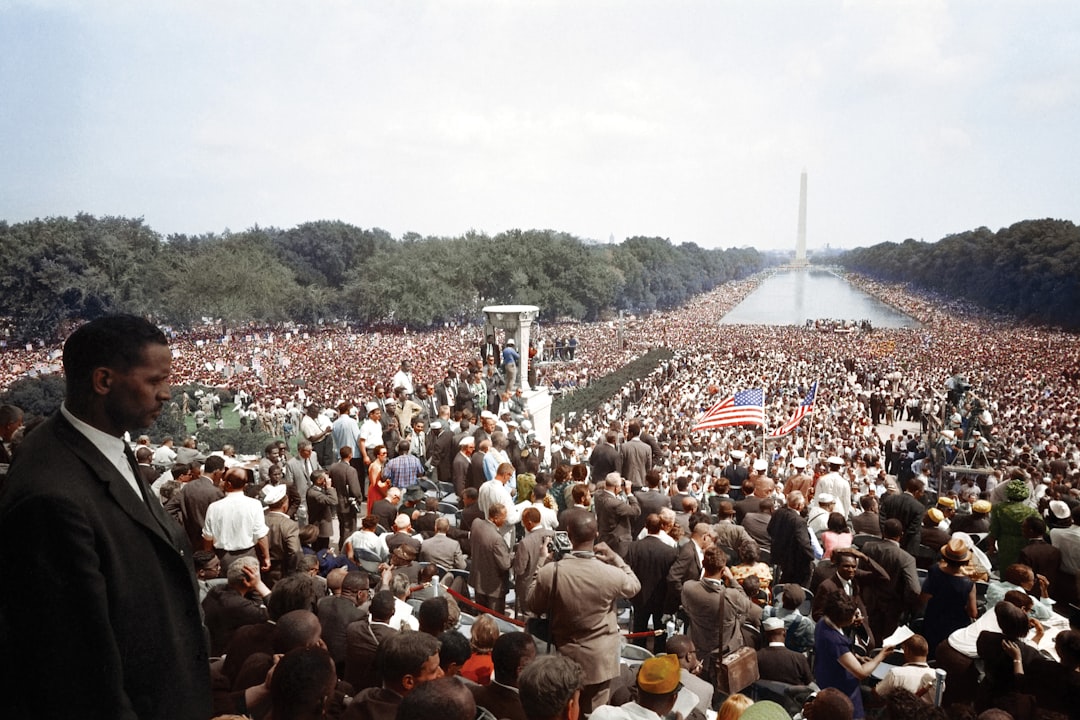In Washington D.C.'s tech-driven telecom landscape, spam robocalls have surged, prompting legal action and consumer backlash. Spam call lawyers DC are in high demand as they enforce laws like the TCPA to protect residents' privacy from unwanted calls. These lawyers help businesses comply with regulations and develop advanced anti-spam strategies, leading to a significant reduction in unsolicited calls. By combining legal expertise with emerging technologies like machine learning, telecoms can effectively combat robocalls while fostering customer trust and market fairness.
In the dynamic landscape of Washington, D.C.’s telecommunication industry, robocalls have emerged as a pervasive challenge. These automated calls, often perceived as intrusive spam, are shaping consumer interactions and putting pressure on service providers. This article delves into the growing concern, exploring the legal framework surrounding anti-spam call laws in DC and offering strategic insights for telecom companies to navigate this evolving digital dilemma effectively. Stay informed with our guide, featuring expert advice from top spam call lawyers DC has to offer.
Understanding Robocalls and Their Prevalence in DC's Telecommunication Landscape

In the dynamic telecommunications industry, particularly in Washington D.C., a persistent and growing concern has emerged: robocalls. These automated phone calls, often unwanted and intrusive, have become a ubiquitous presence, disrupting not just individual experiences but also the broader DC telecommunication landscape. What sets robocalls apart is their massive scale and ability to deliver pre-recorded messages en masse, making them a double-edged sword in the digital age. While they can be effective marketing tools when used ethically, their misuse as spam calls has led to significant legal implications for businesses and has prompted many DC residents to seek relief from these relentless automated messages.
Spam call lawyers DC have witnessed a surge in cases involving unauthorized robocalls, prompting stringent regulatory responses. The Telephone Consumer Protection Act (TCPA) serves as a cornerstone of legislation designed to curb the abuse, giving consumers substantial rights against unsolicited calls. As technology evolves, so too does the need for adaptive legal strategies and innovative solutions to combat spam calls, ensuring that DC’s telecommunication industry remains not just competitive but also respectful of consumer privacy and rights.
The Legal Perspective: Anti-Spam Call Laws and Their Effect on the Industry

In the United States, the Telecommunications Act of 1996 and subsequent amendments have established a legal framework to combat spam calls. These laws empower consumers with tools to protect themselves from unwanted phone calls, while holding telemarketers and companies responsible for violating privacy rights. Spam call lawyers in DC play a crucial role in ensuring compliance with these regulations, particularly the Telephone Consumer Protection Act (TCPA). These attorneys specialize in navigating the complex legal landscape surrounding robocalls, helping businesses understand their obligations and protecting consumers from aggressive marketing practices.
The impact of anti-spam call laws has been significant, leading to a decline in unsolicited calls across the industry. Telecom companies are increasingly adopting stricter measures to prevent automated or prerecorded messages from being sent without prior express consent. This shift not only enhances consumer privacy but also fosters trust and transparency in the telecommunication sector. As spam call lawyers continue to enforce these laws, they contribute to a fairer market, where businesses operate ethically and consumers enjoy greater control over their communication preferences.
Strategies for Telecom Companies to Mitigate and Adapt to Robocall Trends

Telecom companies face a constant challenge in mitigating robocalls, which have become an increasingly prevalent nuisance for consumers and businesses alike. To adapt to this evolving trend, telecoms must employ robust strategies that go beyond traditional blocking methods. One effective approach is to partner with specialized spam call lawyers in DC who possess the legal expertise to combat automated calls at scale. These legal professionals can help telecoms navigate complex regulations and implement advanced call filtering technologies, ensuring compliance while minimizing false positives.
Additionally, adopting machine learning algorithms enables telecoms to train dynamic call classification models that adapt to new robocall patterns. By continuously updating their defenses, companies can stay ahead of scammers who frequently modify their call strategies. Enhancing customer education is another critical aspect; providing resources and tools for users to identify and report spam calls empowers them to become an integral part of the defense mechanism against these relentless automated campaigns.






